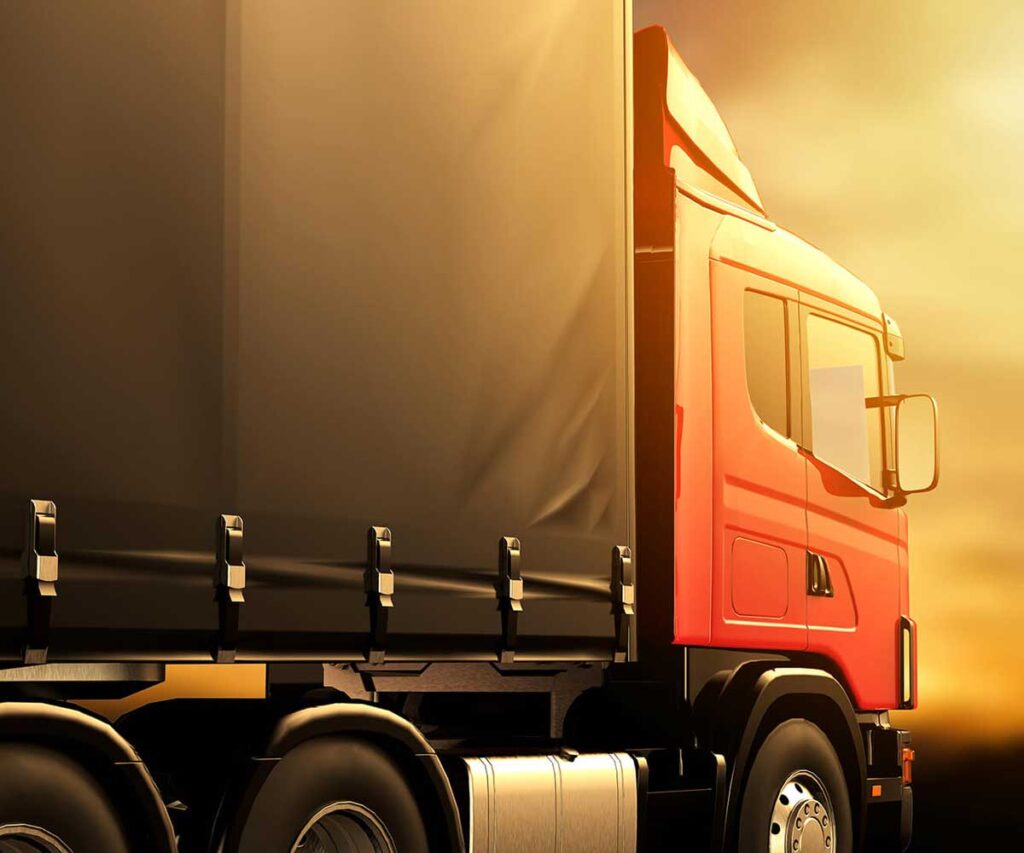We offer storage solutions for a wide range of goods, including general merchandise, perishable items, hazardous materials, pharmaceuticals, and more. Our facilities are equipped to accommodate various storage requirements to meet the needs of diverse industries.
We prioritize the security of our warehouse facilities and employ robust security measures, including surveillance cameras, access controls, and security personnel. Additionally, our facilities adhere to industry standards and regulations to safeguard stored goods against theft, damage, and unauthorized access.
We offer storage solutions for a wide range of goods, including general merchandise, perishable items, hazardous materials, pharmaceuticals, and more. Our facilities are equipped to accommodate various storage requirements to meet the needs of diverse industries.
Our warehouses are equipped with the latest security features to ensure the safety and integrity of your inventory. From surveillance cameras to access control systems, we prioritize the security of your goods at all times.
Description: Logistics consultancy services provide strategic guidance and operational support to businesses aiming to optimize their supply chain and logistics processes. These services are essential in today’s globalized economy to drive efficiency, cost savings, and competitive advantage.
Description: Logistics consultancies specialize in various areas, including supply chain management, transportation optimization, inventory management, warehousing, freight forwarding, customs brokerage, and risk management. Each area of expertise addresses specific challenges and opportunities within the logistics ecosystem.

We offer storage solutions for a wide range of goods, including general merchandise, perishable items, hazardous materials, pharmaceuticals, and more. Our facilities are equipped to accommodate various storage requirements to meet the needs of diverse industries.
We prioritize the security of our warehouse facilities and employ robust security measures, including surveillance cameras, access controls, and security personnel. Additionally, our facilities adhere to industry standards and regulations to safeguard stored goods against theft, damage, and unauthorized access.
Warehousing services provide dedicated client support and communication channels to address clients’ inquiries, concerns, and requests promptly. This includes responsive customer service, regular performance updates, and transparent communication.
Trucking firms provide transportation services for goods over land, typically within a specific region or country. They operate fleets of trucks and trailers to pick up and deliver cargo to warehouses, distribution centers, or directly to customers.
Air cargo carriers specialize in transporting goods by air, offering fast and efficient delivery options for time-sensitive shipments. They operate freighter aircraft or utilize the cargo space in passenger planes to transport goods domestically and internationally.
Shipping companies operate vessels (container ships, bulk carriers, tankers, etc.) to transport goods across oceans and seas. They offer scheduled services to major ports worldwide and play a crucial role in international trade.
3PL companies offer a comprehensive range of logistics services, including freight forwarding, warehousing, transportation management, and supply chain consulting. They serve as intermediaries between shippers and carriers.
Thank you for your interest in [Your Investment Company Name]. Please fill out the form below, and we’ll get back to you promptly.

We offer storage solutions for a wide range of goods, including general merchandise, perishable items, hazardous materials, pharmaceuticals, and more. Our facilities are equipped to accommodate various storage requirements to meet the needs of diverse industries.
Our warehouses are equipped with the latest security features to ensure the safety and integrity of your inventory. From surveillance cameras to access control systems, we prioritize the security of your goods at all times.
"I've been using Priority Cargo for my shipping needs for years, and I couldn't be happier with their service. They're reliable, efficient, and always go above and beyond to ensure that my shipments arrive on time and in perfect condition."
"Metro Global freighthas been instrumental in helping my business expand globally. Their expertise in international shipping and logistics has saved us time and money, allowing us to focus on growing our customer base without worrying about the complexities of shipping overseas."
"I recently used Priority Cargo to ship a large consignment of goods to Europe, and I was impressed by their professionalism and attention to detail. From handling customs clearance to tracking my shipment every step of the way, they made the entire process seamless and stress-free."
"As an e-commerce seller, finding a reliable shipping partner is crucial to the success of my business. rapid global delivery service has been my go-to shipping provider for years, and they consistently deliver exceptional service at competitive rates. I highly recommend them to anyone looking for reliable international shipping solutions."
"As an e-commerce seller, finding a reliable shipping partner is crucial to the success of my business. rapid global delivery service has been my go-to shipping provider for years, and they consistently deliver exceptional service at competitive rates. I highly recommend them to anyone looking for reliable international shipping solutions."
We offer storage solutions for a wide range of goods, including general merchandise, perishable items, hazardous materials, pharmaceuticals, and more. Our facilities are equipped to accommodate various storage requirements to meet the needs of diverse industries.
We prioritize the security of our warehouse facilities and employ robust security measures, including surveillance cameras, access controls, and security personnel. Additionally, our facilities adhere to industry standards and regulations to safeguard stored goods against theft, damage, and unauthorized access.
We offer storage solutions for a wide range of goods, including general merchandise, perishable items, hazardous materials, pharmaceuticals, and more. Our facilities are equipped to accommodate various storage requirements to meet the needs of diverse industries.
Our warehouses are equipped with the latest security features to ensure the safety and integrity of your inventory. From surveillance cameras to access control systems, we prioritize the security of your goods at all times.
Ready to unlock the benefits of scalable logistics solutions with Swift Global Moving Freights? Contact us today to learn more.
© 2005 Created